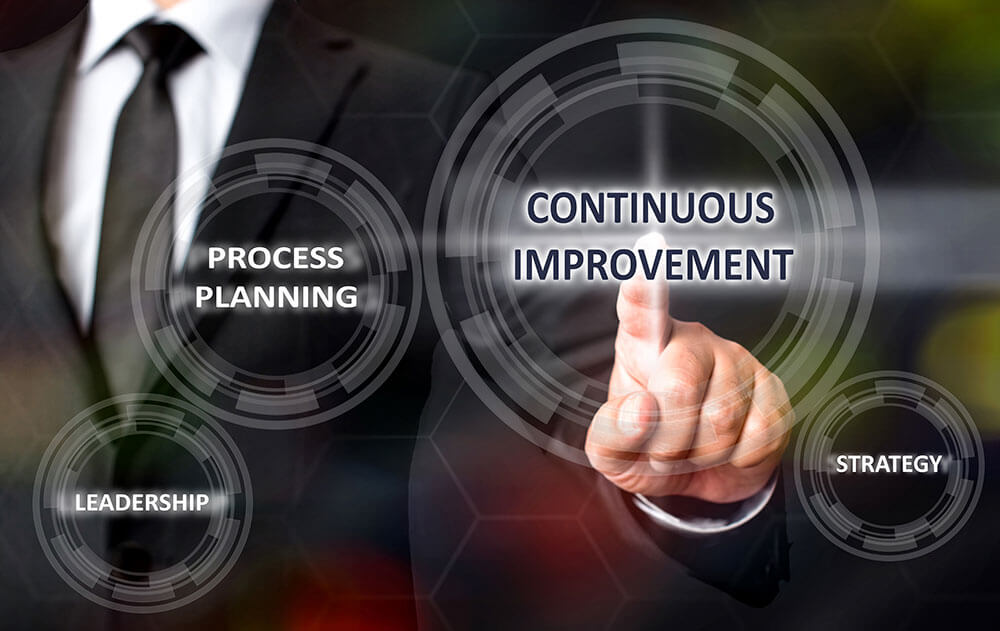
Lean enables you to focus on cost, quality, and delivery, using proven and widely implemented principles accepted throughout the manufacturing industry.
Implementing Lean in manufacturing typically brings:
1. Reduced Costs, Improved Quality
A bottom line improvement program, Lean manufacturing is focused on removing non-value added costs. These costs drive up the manufacturer’s price to the customer resulting in a loss of sales, as well as affect the bottom line net profit since costs that cannot be passed on to the customer add to the bottom line. By focusing on reducing this waste in operations, one will see dramatic improvements in business. By reducing waste and errors, you will improve quality, which will reduce your lead time by not having to remake parts or redo expensive and time consuming work.
2. More Satisfied Customers
Customers demand the lowest price possible. They demand perfection and expect products free of defects. Plus, they want it today, or even yesterday. By improving quality, reducing lead time and reducing waste, you can offer your customers the best product for the best price with a quick turnaround.
3. 6:1 Return on Investment
Typical return on investment (ROI) for Manex initiatives are 6:1 – for every $1 invested, you generate $6 in savings.
Lean principles are simple in concept, but you have to have commitment in place to make sure that you sustain the improvements. Changing the philosophy of a company is not easy nor is it quick. If not done properly, then the improvement seen may only be an isolated, one-time improvement. For GM Associates, Manex used Kaizen (Lean) activities to reduce costs, improve on-time delivery and support the requirements for ISO 9001:2015.
You may qualify for ETP funding for Lean training. Funds are limited and available on a first-come basis.
In addition to Lean programs for the production floor, Manex now offers Lean for Office and Lean for Systems. For more information, call 925-807-5100 or contact us.



